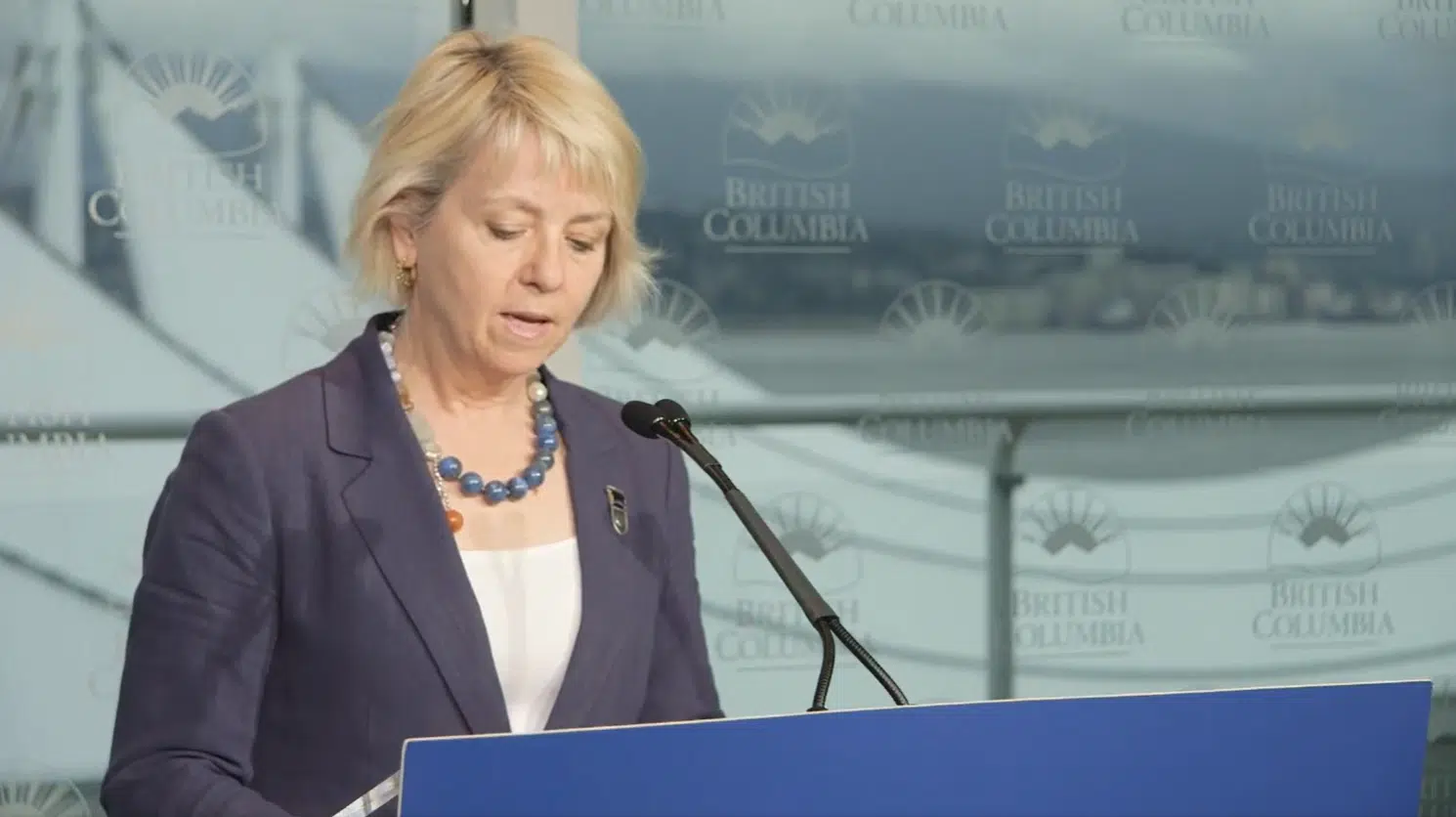
B.C.’s top doctor is once again calling on the federal government to decriminalize the possession of small amounts of illicit drugs meant for personal use.
Dr. Bonnie Henry made that comment after the BC Coroners Service reported 175 suspected fatal drug overdoses last month, breaking the record of 171 set just a month earlier.
“As we know these are mostly young men. Two thirds of people died in their own home and we know from the conversations that we’ve had with family, with friends that most of their family and friends did not know that they were using drugs, and many of them died alone,” she said.
Since March, overdoses have killed three-times as many people in B.C. as COVID-19, which as of Thursday afternoon has killed 189 people in the province.
Henry adds the overdose crisis is complex, noting its vital that the stigma be reduced around people who use drugs alone at home, similar to a call made by the Canadian Association of Chiefs of Police.
“This is an important step that we can move forward on together and there’s no more important time for us to that than now when we are seeing this not only here in B.C. but across the country,” Henry noted.
Speaking earlier in the day, Premier John Horgan says comparing B.C’s two public health emergencies – the overdose crisis and the COVID-19 pandemic – is not an apples-to-apples comparison.
“I just think that these are two separate things,” Horgan told media during his weekly update. “We have an insidious virus that affects anyone at any time, and we have an opioid crisis that involved people using drugs. Those are choices, initially, and then they become dependencies.”
He says people can make conscious choices to stop the spread of COVID-19, but people can’t make conscious choices if they are entrenched in addiction, noting that requires intervention.
“So I think they’re two completely different things, and I don’t think there’s anything we can learn from that,” Horgan said. “The COVID-19 crisis is a global crisis. We already see in the United States what happens if you don’t follow basic guidelines.”
“Wash your hands, physical distance, wear a mask if you can’t do that. Those are conscious decisions people can make to protect themselves. When you’re addicted to opioids, you’re not making conscious decisions other than getting your next opioid. Those are issues we need to intervene in. Those are issues I want to raise with the federal government.”
– With files from Colton Davies

















